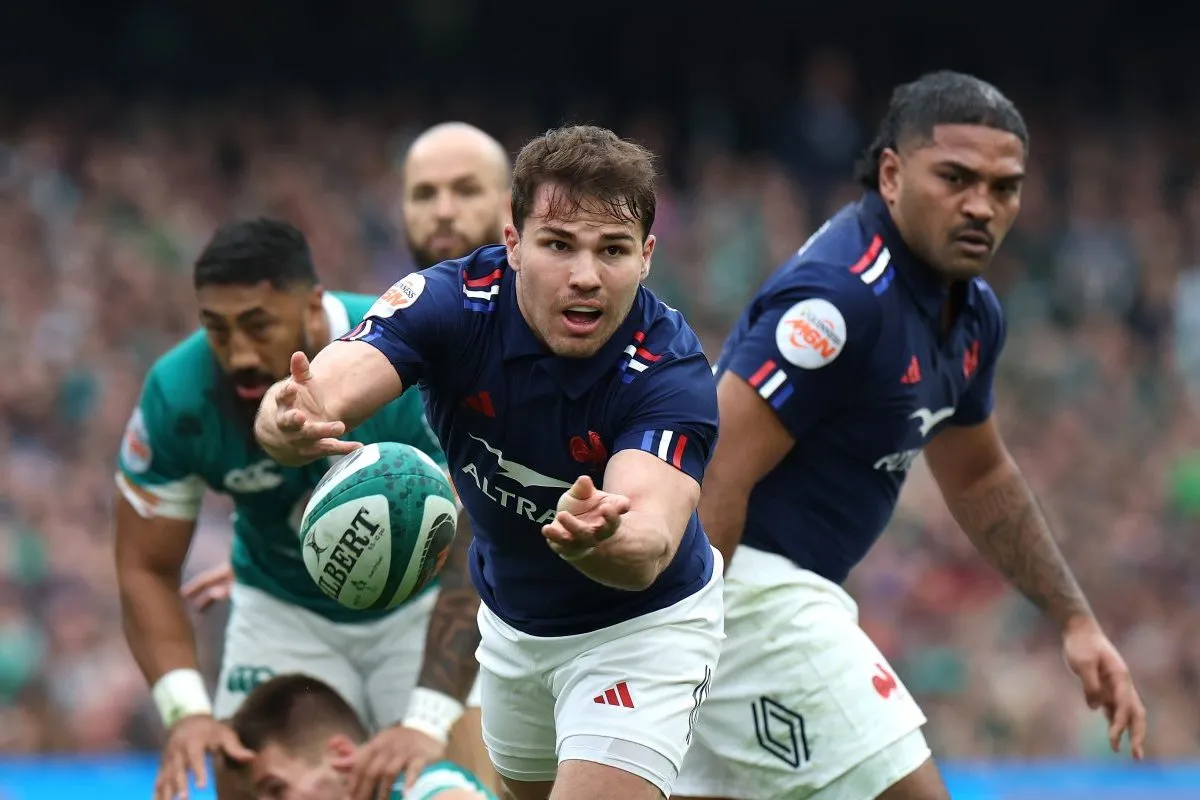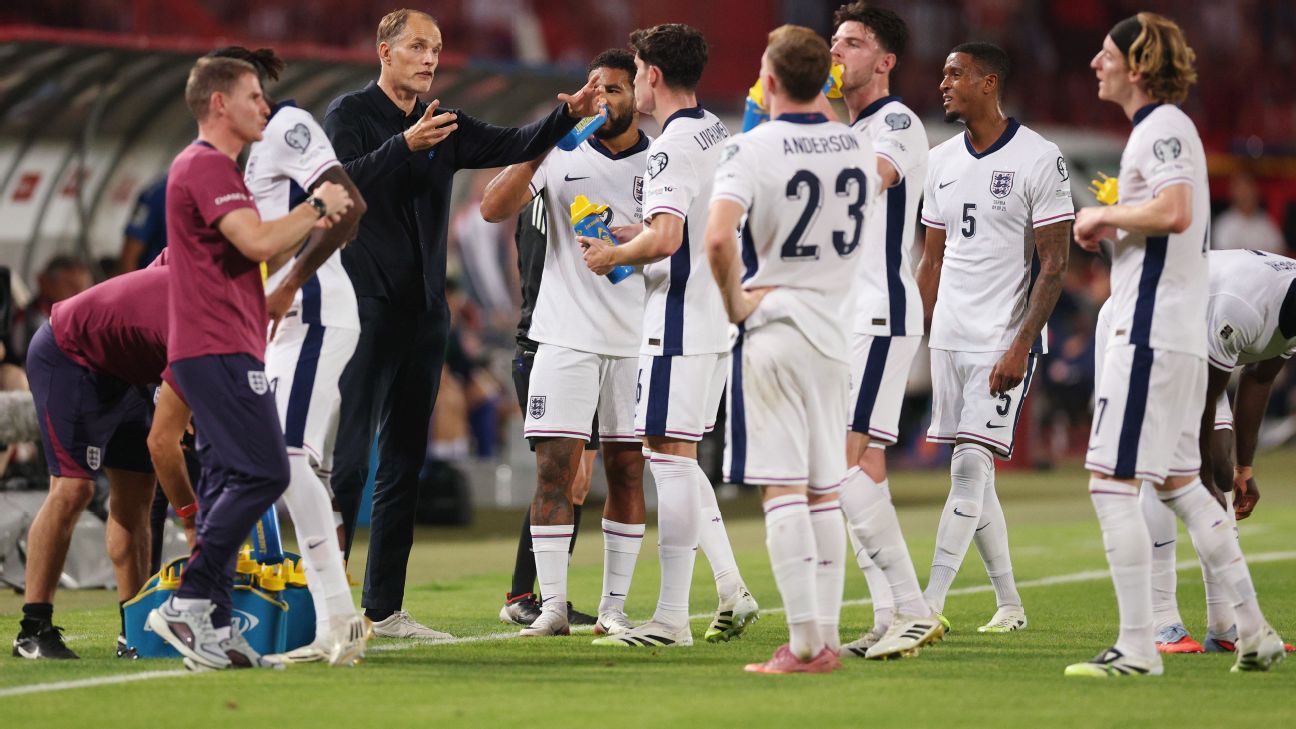By Matt Hardy
Copyright cityam

Rugby union’s unwillingness to develop and progress has fuelled rebel rugby leagues like R360, a new report has concluded.
The lack of a cohesive plan to attract new audiences, and minimal cooperation to get the game on free-to-air television more often, has allowed for new, alternative ideas to flood the discussion vacuum.
R360 – which is fronted by ex-players Mike Tindall and Stuart Hooper and former agent Mark Spoors – aims to create a Formula 1-style travelling global league featuring city-based franchises.
City AM previously reported interest in the league from energy drinks giant Red Bull, which made its first club rugby investment in 2025, while private equity and venture capital funds are also said to be engaged.
Elsewhere, a sevens franchise competition backed by the firm which owns Premier League club Sunderland – BIA Sports Group – is looking to get off the ground using similar PE models.
And a new report by media advisors Oliver and Ohlbaum Associates, whose findings shaped the proposals for R360, suggests rugby’s fragmentation has vacated the space for a rebel league to exploit.
Door open for R360
Co-founder Mark Oliver says that “all sports have a tendency to try and approach growth while producing more”, adding that “football doesn’t really have to work on its global interest beyond the USA [while] rugby has been quite slow to come up with answers compared to others”.
He adds: “Football’s changed the format of the Champions League so far five times in 15 years and we’ve got the Club World Cup – there’s a lot going on.
“Rugby has had the same agenda or potential changes for the last 20 years and hasn’t really progressed that much.”
The report, released this week, cites issues in rugby’s fan demographic – older, on average, than many sports but not as rich as golf – as well as a coherent media offering, such as the Champions Cup going to Premier Sports, and the disparity between revenues in the international game and the club game.
While Formula 1 has added an 11th team to the grid in Cadillac, teams aren’t worried about a smaller cut of the commercial pie. And while the participation numbers in cricket are low, The Hundred has invigorated a new breed of fans to attend live sport.
Rugby though, suggests Oliver and his media advisory, hasn’t been able to capitalise on the opportunities that have come while other sports have soared.



